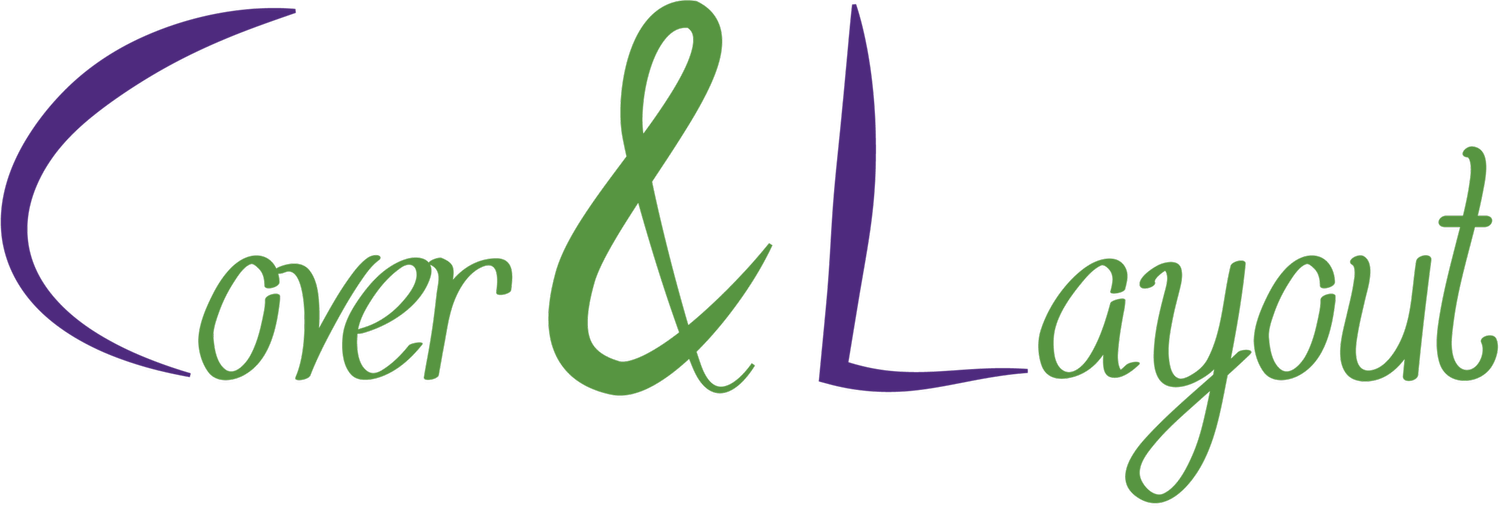For while now, ebooks have been touted as the next big thing. In 2010, Mark Coker of Smashwords fame predicted that by 2020, 95% of reading would be on screens.
But recently we are seeing the industry that has built up around ebooks and indie authors, stumbling and slowing down. Subscription services such as Kindle Unlimited are suffering from a decline in per-page rates, whilst Scribd recently announced it was ditching its unlimited subscription offering.
Rakuten, who own Kobo, recorded a 7.8bn yen impairment charge noting that Kobo “has been impacted by a slower start to the rise of the global ebook industry than we originally expected, and hence its business plan fell behind original targets”.
In the UK, the five biggest publishers reported a drop in in ebook sales in 2015.
But is this the end of the line for the growth in the ebook industry? Not likely.
In 1990, Gartner devised a model called the Hype Cycle, which attempted to codify the cycle that innovations typically follow. It shows that new innovations enjoy a period that they poetically refer to as the ‘Peak of inflated expectations’, which is followed by a visit to the ‘Trough of disillusionment’.
Typically in this phase, experiments and implementations fail to deliver. Producers find a business model that makes money, or they fail. Basically some of the less viable ideas and business models fail, and the strong ones continue on. On the ‘Slope of Enlightenment’, ideas start to crystalize and ways to benefit from the technology become more widely understood.
While I make no claims on being an economist or futurist, it would seem likely that ebooks are headed for the ‘trough of disillusionment’, if they are not there already. Ideas that are little more than hot air are disappearing and business models such as Scribd’s unlimited model are being phased out.
But Amazon are still reporting growth in the ebook market, and while Kobo talk of a slow-down, sales are not in decline. Sound business propositions will continue to grow, and well written, well edited and presented ebooks will continue to sell well. There will always be a market for print, but in the same way as vinyl has continued to be popular for music aficionados. Hybrid models such as print-on-demand will continue to blur the lines between physical and digital, but as ereaders continue to improve, I predict these technologies and business models too will decline, leaving the majority of sales being purely digital, via a consolidated number of channels to market.
That's my view, and prediction for the future – what's in your crystal ball? Share your predictions in the comments section below.
